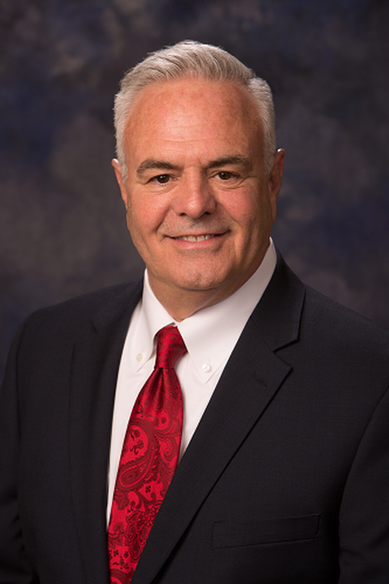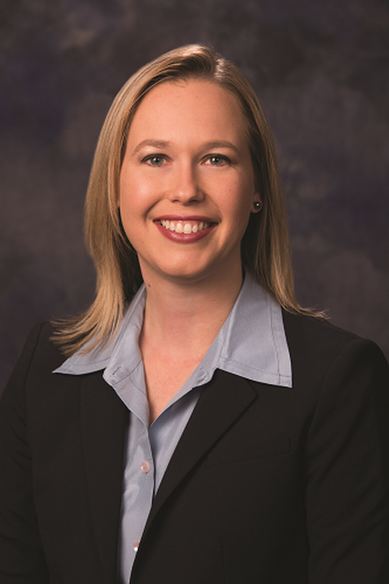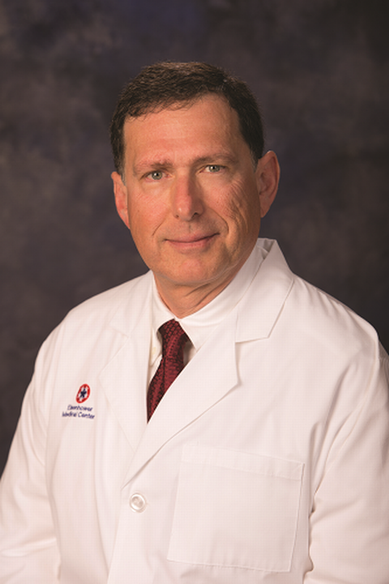



Given the complexity of cancer care and its rapid evolution, Vision 2025 recognizes the importance of delivering cancer care throughout the entire health system, as well as in the Cancer Center. Medical, radiation and gynecologic oncologists, surgeons, social workers, pathologists, radiologists, geneticists, primary care physicians, nurse navigators, nurses (in many different capacities and specialties), rehabilitation therapists, mammography technologists, imaging technicians, lab technicians and more, all contribute.
Vision 2025 includes cancer-specific programs for several of the major types of cancer, including breast cancer, lung cancer, prostate cancer, gynecologic cancer, gastrointestinal cancers and skin cancer.

Nurse navigation
Key to implementing smooth transitions during a patient’s cancer journey, is nurse navigation. The nurse navigator role is intended to ensure the patient moves through the health system as smoothly and efficiently as possible, so when they get to each step in their cancer journey, they have the right information at the right time. Currently, Eisenhower’s Nurse Navigator, Patty Garcia, BSN, RN, CCRC, OCN, works with Eisenhower patients who are referred to UC San Diego Health (UCSD)[omit UCSD] for particularly complex care.
“One example of the importance of nurse navigation is our blood and marrow transplant patients,” illustrates Schnaser. “Once a month, a UC San Diego Health physician comes to our campus to see patients who our oncologists feel may need a blood or marrow transplant. The patient is scheduled for the highly complex procedure at UC San Diego Health but is able to return here for all of their follow-up care, including visits with their oncologist and monthly check-ups with the UC San Diego Health physician. Patty keeps these appointments and transitions running smoothly. Our plan is to increase the number of nurse navigators as we build our disease-specific cancer programs.”
Dr. Plaxe stresses the importance of Eisenhower’s affiliation with UC San Diego Health’s Cancer Network for broadening the scope of what cancer services Eisenhower can offer. He is Professor of Obstetrics, Gynecology and Reproductive Science at University of California, San Diego, spending three days a week in the desert.

Another component of Vision 2025 is continuing to increase the availability of clinical trials for Eisenhower cancer patients. As one of only 51 National Cancer Institute-designated comprehensive cancer centers throughout the United States, UC San Diego’s Moores Cancer Center has many ongoing clinical trials which are available to Eisenhower cancer patients through its affiliation with UC San Diego Health Cancer Network.
“We have chosen to partner with one of the best cancer centers in the country,” notes Schnaser. “We absolutely benefit from their expertise, significant research, and access to leading-edge therapies and academic faculty.”
Technology
One of the most critical areas of quality care and growth in any institution is technology, especially during a pandemic. With this in mind, Eisenhower continues to expand its virtual access to patients.
Vision 2025 brings another layer of new technology and upgrades to its services in the areas of radiation oncology, mammography and specialized equipment used to track and treat a variety of cancer types. This includes robotic surgeries and minimally invasive procedures. And more than ever, artificial intelligence is used to enhance software, creating greater diagnostic tools for practitioners.
“This is all about bringing the highest level of quality and patient safety to the Coachella Valley,” says Massiello. “We’re able to provide integrated care to our patients — to our community. That is what Eisenhower Health is all about.”
“We really do have excellent care,” emphasizes Dr. Plaxe. “We have expert physicians in multiple specialties, access to clinical trials, the newest treatments and medications, new equipment and technology, and a staff that cares deeply about our patients. We’re on track to build this program and reach new heights in patient care.
“We want to show the world what we can do.”
To learn more about Eisenhower Lucy Curci Cancer Center programs and services,
call 760.674.3601.